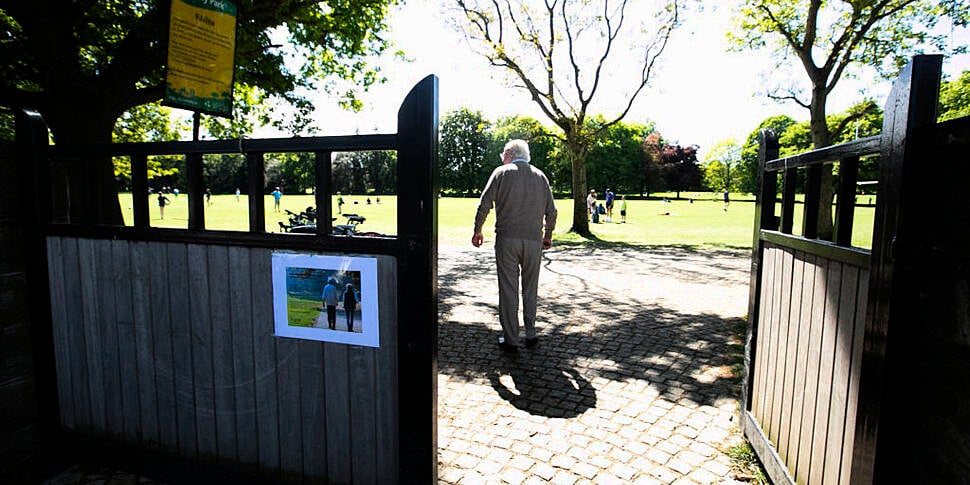
'Blanket recommendation' for over-70s to cocoon was a mistake, expert believes
by Stephen McNeiceThe 'blanket recommendation' for people over-70 to cocoon was a 'mistaken' one, according to one expert.
Emeritus Professor of Biochemistry at University College Cork, William Reville, spoke to Newstalk Breakfast about why he believes cocooning should have been voluntary for healthy older people.
'Blanket recommendation' for over-70s to cocoon was a mistake, expert believes


He explained: "The recommendations or the policy for cocooning was presented as a blanket recommendation, for healthy and unhealthy over-70s.
"Of course, it was made in good faith - but I believe [it was] mistaken to have it as a blanket recommendation.
"Furthermore, it was widely interpreted as not being a recommendation but being mandatory."
He said he had encountered a lot of people who believed cocooning was a strict 'rule'.
Prof Reville said: "Social isolation for week after week... it's known from psychological science that that has a corrosive effect on your psychological well-being and your feelings of autonomy.
"Cocooning in general... unfortunately also attacks the four pillars on which good health - particularly in the elderly - rests."
He said people need mental stimulation, good social interactions, physical exercise and a good diet.
He observed: "If you're in a room all day every day, week after week, it's almost impossible to keep your mental stimulation high and your social interactions right.
"I'm talking about real-life interactions, not Facetime and Zoom."
Prof Reville said it's an example of 'psychological emasculation', as cocooning weakens people's psychological resilience.
He argued: "After a period of this enforced isolation or perceived enforced isolation, you're quite weakened in these respects.
"You're prone to picking up infections easily... you'll be prone to depressions and anxieties.
"For healthy over-70s, they might consider cocooning - but it should be a voluntary decision to engage in it.
"If you don't feel that this enforced isolation is voluntary, it plays havoc with your sense of autonomy."
He believes that if NPHET had have had more input from psychological experts when making their decisions, they may have offered different advice and recommendations when it came to cocooning.